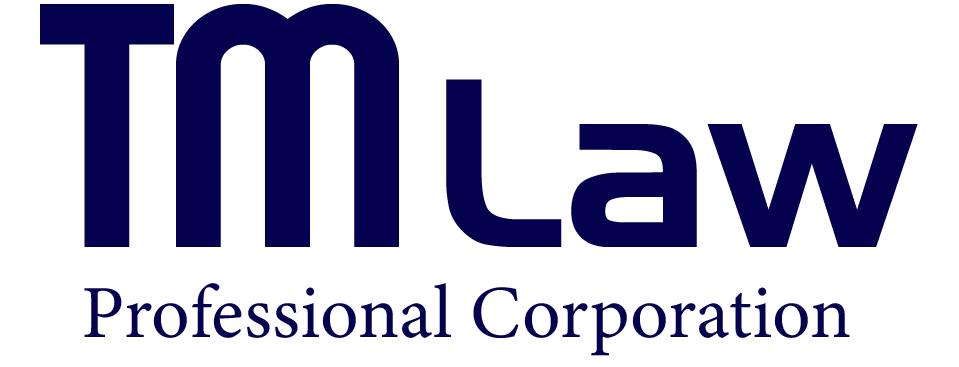
Business law is a crucial aspect of commerce that regulates and governs businesses’ activities. It covers a wide range of legal practices, including contracts, intellectual property, employment, and taxation. In Canada, there are several types of business law services that entrepreneurs and businesses can seek. This blog will explore the most common types of business law services in Canada.
Corporate Law
Corporate law is the area of business law that deals with the creation, organization, and operation of companies. Corporate lawyers advise clients on legal structures, mergers and acquisitions, and compliance with securities laws.
Commercial Law
Commercial law governs the buying and selling of goods and services. It includes contract law, commercial leasing, and consumer protection laws. Commercial lawyers can help businesses draft and negotiate contracts, resolve disputes, and comply with regulations.
Intellectual Property Law
Intellectual property (IP) law protects creative works such as patents, trademarks, and copyrights. IP lawyers can help businesses register and enforce their IP rights, negotiate licensing agreements, and litigate infringement cases.
Employment Law
Employment law regulates the relationship between employers and employees. It includes issues such as hiring, firing, discrimination, and workplace safety. Employment lawyers can help businesses draft employment contracts, resolve disputes, and comply with employment standards.
Immigration Law
Immigration law regulates the coming and going of individuals in Canada. Attorneys specializing in immigration can assist companies in navigating the intricate immigration system, hiring foreign employees and complying with immigration legislation.
In conclusion, business law is a vast and complex area of law that covers many different areas. Whether you are starting a business, expanding into new markets, or facing legal challenges, it is essential to seek the advice of a qualified business lawyer who can help you navigate the legal landscape and protect your interests.
Immigration law regulates the coming and going of individuals in Canada. Attorneys specializing in immigration can assist companies in navigating the intricate immigration system, hiring foreign employees and complying with immigration legislation.
Follow TM Law for more close updates regarding the legal matters of Canada and contact our lawyer Mr. Tahir Majeed for legal matters. Your success is very important to us. Visit our website at TMLaw.ca.
